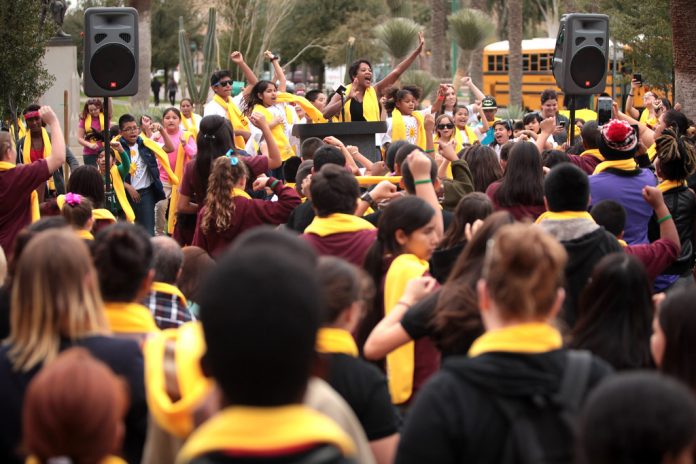By John Haughey
(The Center Square) – A South Carolina bill that would create education scholarship accounts (ESAs) for K-12 students was not heard during the first half of the General Assembly’s biennium session but is poised to advance when lawmakers convene in January.
The South Carolina Education Scholarship Account Act, House Bill 3976, was filed in February and referred to the House Ways and Means Committee.
The bill, which has 64 Republican cosponsors, including House Speaker Jay Lucas, R-Darlington, was reviewed by Ways and Means’ Revenue Policy Legislative Subcommittee on April 20 but never was introduced to the full committee before the session adjourned.
Creating ESAs as part of school-choice expansion has been on South Carolina Republicans’ radar for years. A 2019 bill that had 58 cosponsors, including several Democrats, failed to advance from committee.
Rep. Jason Elliott (R-Greenville) said last week there is a lot of interest among his constituents about the bill and assured H.B. 3976 will be heard and adopted during the 2022 session.
“We saw and are seeing during this pandemic that one size doesn’t fit all students,” Elliott told Greenville’s WYFF-TV, adding ESAs would put parents “in charge” and allow “families to decide” where the state spends its education funding.
“What I see in South Carolina is many needs that have not been met,” Elliot said. “I think we start with building upon a better education system for all students by providing freedom and opportunity to empower parents to make this critical decision about what is best for their individual child.”
Under HB 3976, parents of eligible students would receive ESAs funded with state dollars allocated per student to school districts; about $6,446 per student this year. Federal and local funds would remain with the school districts in which the ESA student resides.
There are 422 private schools serving 68,193 students in South Carolina with an average tuition of $7,099 for elementary schools and $7,196 for high schools, according to Private School Review.
H.B. 3976 caps ESAs at 5,000 for K-3 during the 2022-23 school year. The cap increases by 5,000 annually over four years until 20,000 K-12 students are eligible. Beginning the 2026-27 school year, all K-12 students would be eligible.
Those eligible for ESAs under H.B. 3976 include:
- Children whose family income is up to 200 percent of federal poverty guidelines (for a family of four, this would be up to $52,400 in annual household income);
- Children who are eligible for Medicaid;
- Children who have participated in the South Carolina Early Reading Development and Education Program;
- Children who are prior exceptional students.
According to the bill’s analysis, in their first year, ESAs could redirect $32 million from public schools for school choice funding and potentially exceed $500 million annually by 2025.
The bill is opposed by Democrats and education organizations, including the Palmetto State Teachers Association (PSTA), which maintains ESAs violate state law, sift money from public schools, and won’t provide enough money to pay tuitions at most K-12 private schools.
“H.B. 3976 would not lead to greater choice for South Carolina students; it is simply one step toward our state’s privatization of public education,” PSTA Director of Government Affairs Patrick Kelly wrote in an opinion column in The Post and Courier.
Originally published by The Center Square. Republished with permission.








